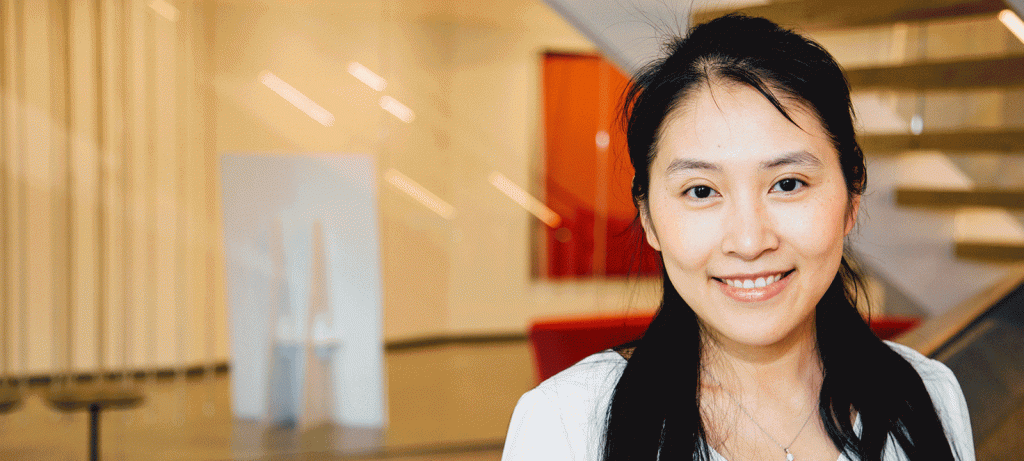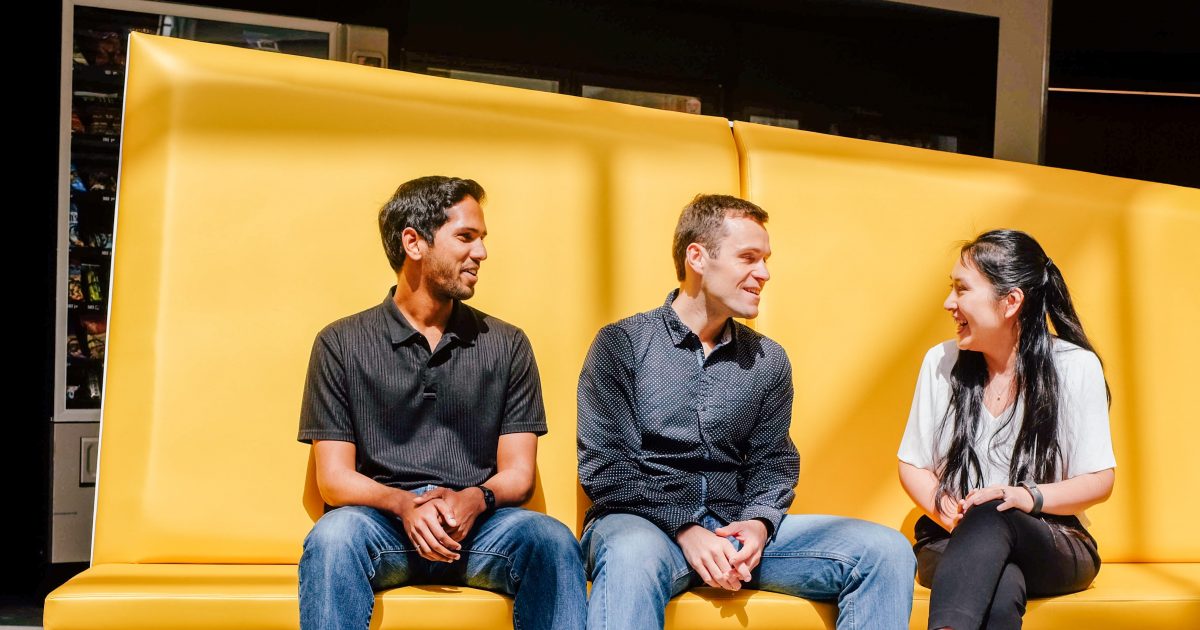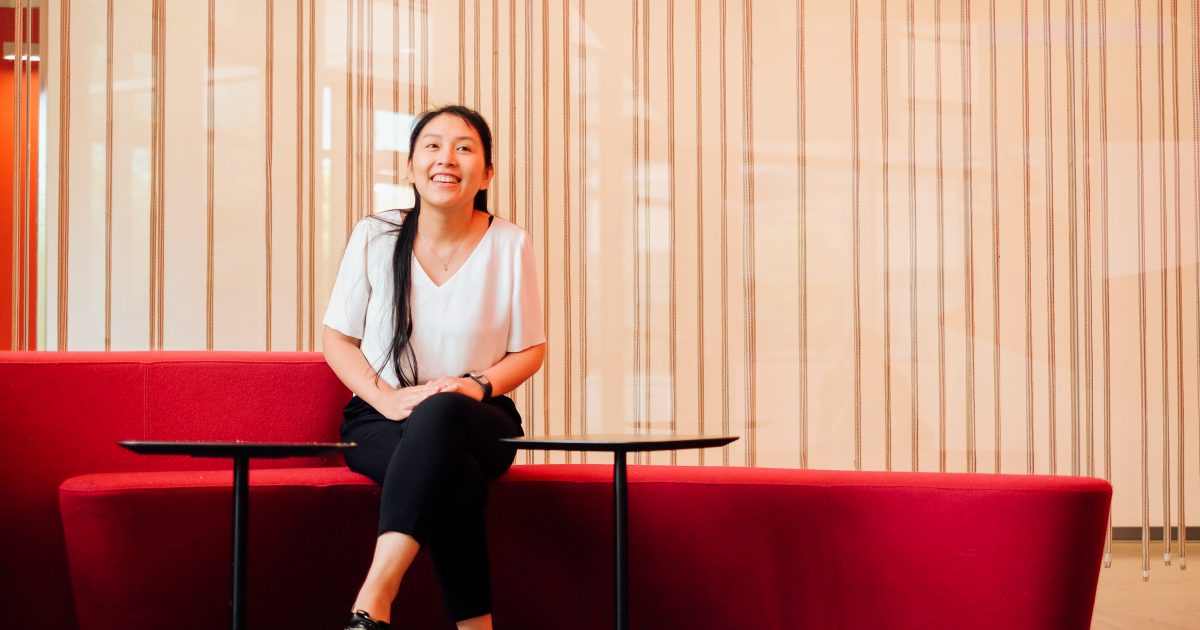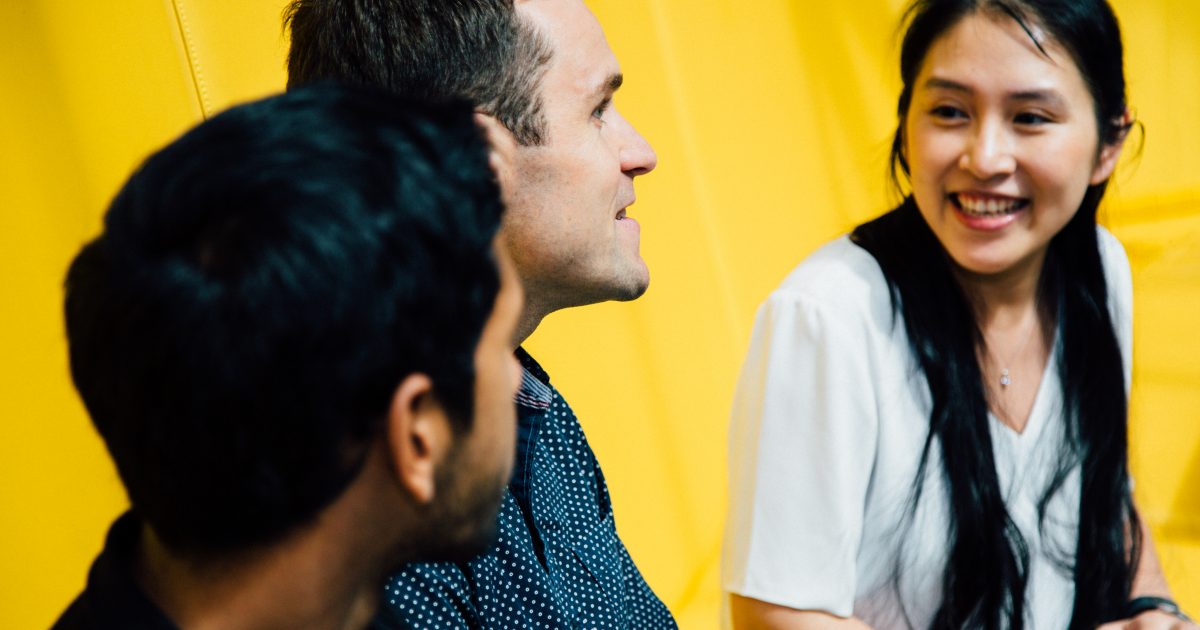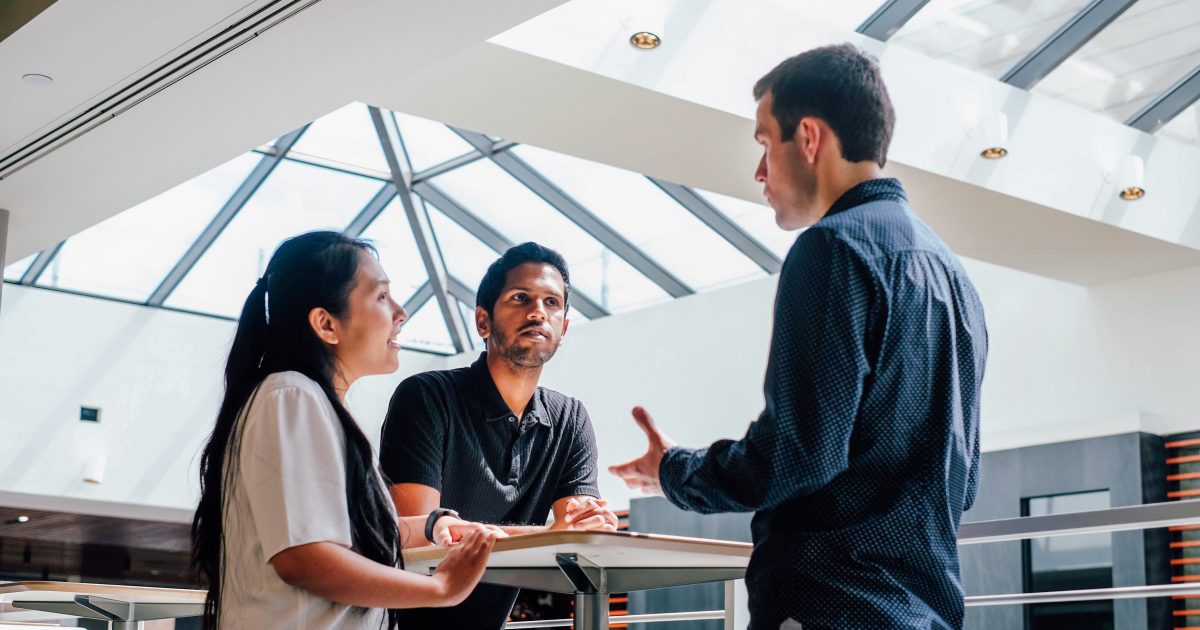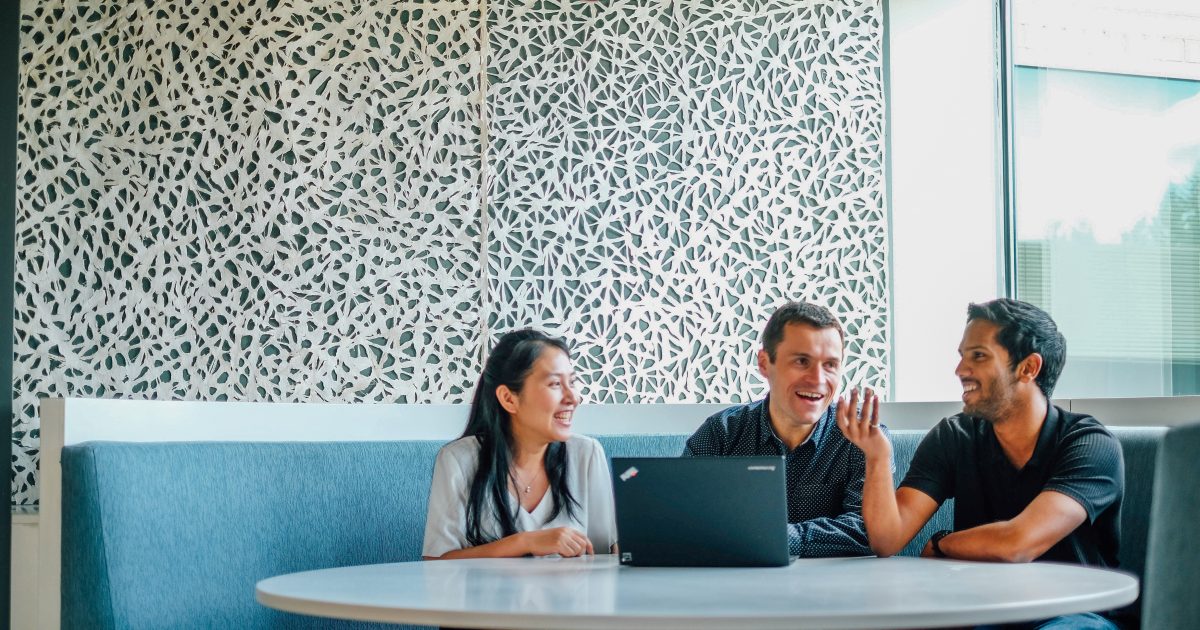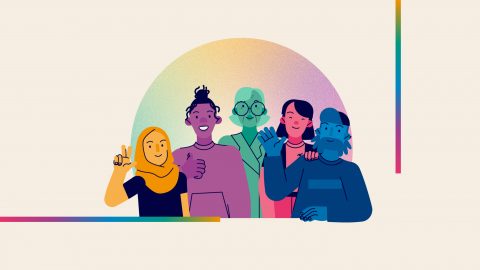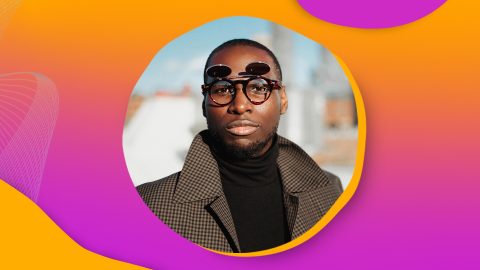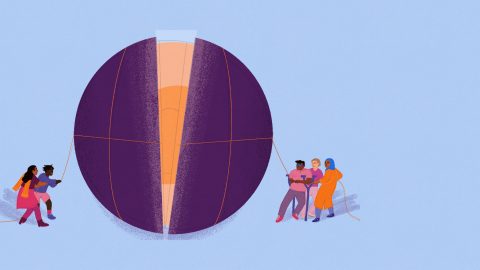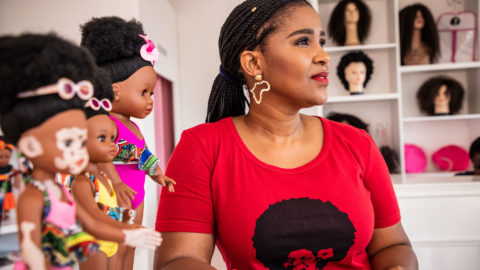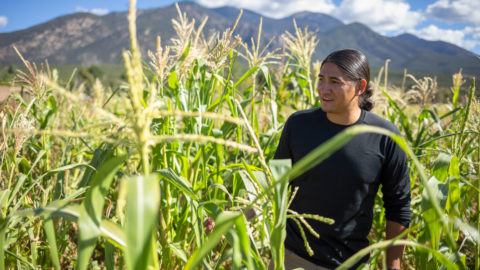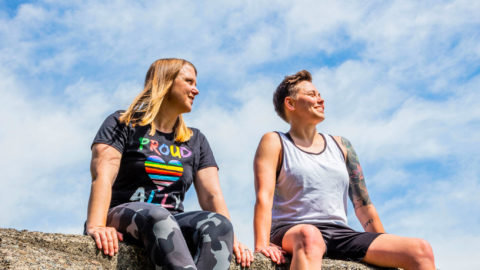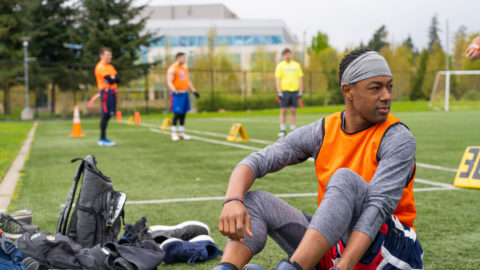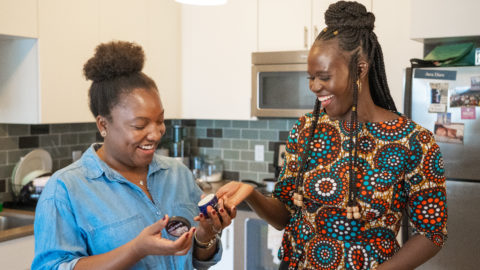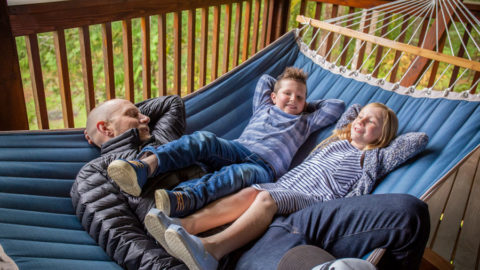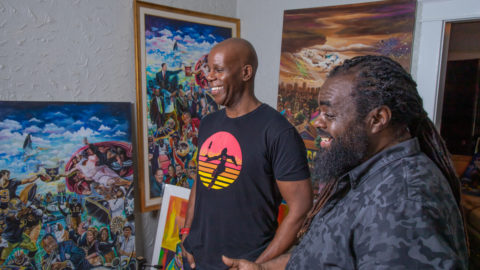Why ‘even one engineer can have a big impact’
Microsoft software engineers find ‘virtually endless’ opportunities and the chance to do something big
Christoph Purrer grew up in Austria using Microsoft software but never imagined he’d have a shot at working there. Yimin Wu didn’t even have a computer as a young kid, but there was something enticing about studying software engineering when so few young women around her in southern China did.
Parth Thayanithy took computer science as a 10th-grader in Canada and was instantly hooked.
They have very different stories, but all three now work at Microsoft, where they revel in being able to work on technology that can make a difference in the daily lives of people worldwide — and do it at a company that has such a wide array of opportunities for software engineers.
“I know every single day when I go home, I can think, ‘Today I did more work to help people share files, access their information on different devices and do other routine things much more easily,’” Thayanithy says. “It’s an overall feeling that I’m contributing to something that’s important and useful.”
“Microsoft has so many products in different domains, you can easily find a team to fit your experience or the area you want to pursue your career in,” Wu says “That, for me, is a very good thing.”
Engineers can work on an incredible range of products, from Windows 10, used on hundreds of millions of devices around the globe, to Microsoft HoloLens, SharePoint, Xbox, OneDrive and more. Teams across the company are always looking for smart, creative people who have a variety of technical skills and backgrounds.
Purrer studied software engineering as a teen in one of Austria’s technical schools and spent four years working as a developer. He enjoyed the job but wanted to broaden his career choices, so he sought a bachelor’s degree in media technology and design.
“It’s cool if you’re a good engineer, because you can make well-written algorithms and programs, but it’s also about design,” he says. “If you want to make a good product, it also has to look good in order to gain many customers.”
One of his professors suggested he might be a good fit at Microsoft. Spending several semesters abroad made him open to the idea of moving overseas, but he always assumed it’d be impossible to get into Microsoft “because they have so many applicants,” he says.
He applied and got an offer, and started working for OneDrive Mobile about three years ago. Purrer says he almost couldn’t believe that after using Microsoft software for two decades — he still remembers Windows 3.0 from 1993 — he “suddenly had a chance to be part of the team.”
Now he is working on the mobile apps for OneDrive, mainly for Android and iOS. With his colleagues, he recently built a new option that allows users to create collections of their best pictures in a handy format to show friends, and he helped create a new offline feature that lets users access important files even if they’re away from Wi-Fi.
He likes the fact that people can use what he creates on many different devices and operating systems. To him, that’s the best part about his job at Microsoft: That he “can build something that’s available to almost anyone in the world.”
-
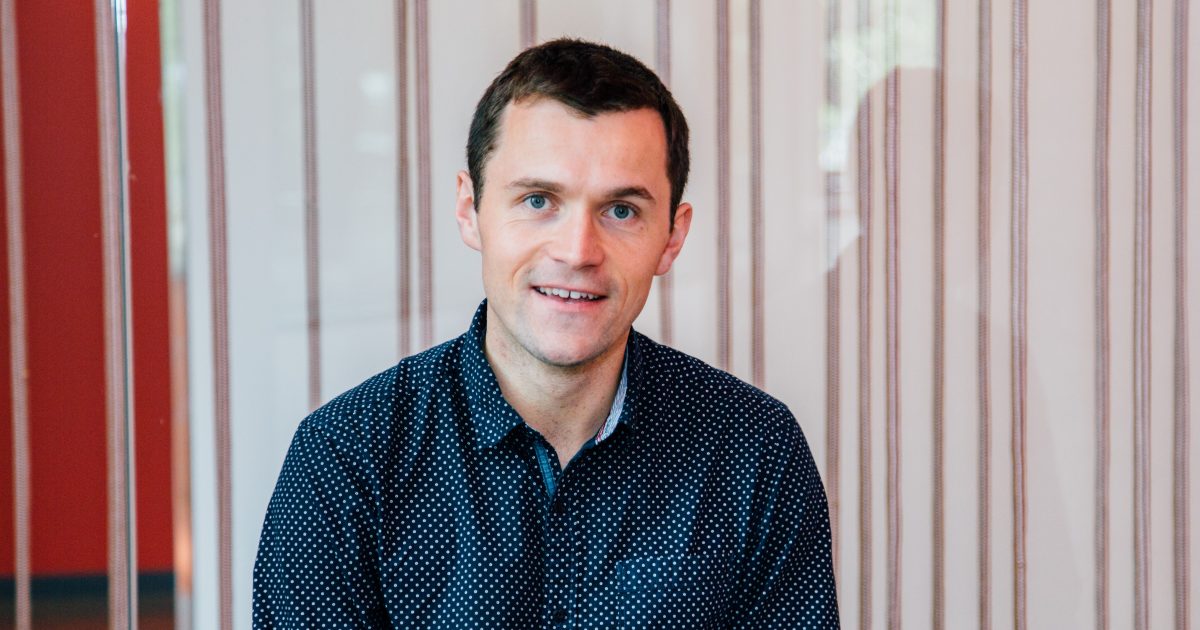
“It’s awesome to work here because even one engineer can have a big impact, because we reach so many people,” he says. “And the opportunities are virtually endless.”
And as “a nature boy” who loves hiking, biking, skiing and generally being outside, he says, the location of Microsoft headquarters in Redmond, Washington, is ideal. He’s also found solid camaraderie among his colleagues.
“The people are very friendly, open-minded, helpful, respectful,” he says. “Everyone tries to help each other and make it as easy as possible for colleagues so we can achieve more together and make great products.”
Wu says her hometown in China was “not very evolved” when she was growing up, and she didn’t have a computer until her high school years. At the time, she says, it seemed like there were really two “hot majors” people would choose for their studies — biology and computer science.
She thought innovating with technology sounded far more exciting than working in a lab, so she chose computer science. Plus, “in China, fewer female students will go to the engineering department, so I thought I would be so cool if I could be a part of that,” she says with a laugh.
She earned her master’s degree at the University of Massachusetts, Amherst, and began working at Microsoft in early 2009. She calls it “a dream coming true to be working for this company and being a part of it.”
As a senior software developer for SharePoint, she’s currently working on creating a more modern document library; her team has spent the past year rewriting the front-end code for SharePoint. For users, it means a slick new user interface that is more responsive and offers a variety of new features.
Wu says knowing her work will help a huge number of people is “a very big motivation” and makes her excited to come to work each day.
In college, she remembers always feeling a bit of dread every Monday. “When I knew I needed to go to school, I was a little bit blue,” she says. “But now, every Monday, I’m so eager to come to work. That’s how I feel about this job.”
She says her team recognizes that everyone has a life outside of work. Wu has two boys — a 2-year-old and a 6-month-old — and feels that Microsoft supports her in many ways, from managers who understand when she has to run a quick errand to a long list of benefits including maternity leave, emergency child care and more.
“I can do my work efficiently and have a good work-life balance,” she says. “The team culture is very good.”
Thayanithy says he’s been interested in technology since he was young, but what actually led him to study software engineering and eventually seek a job at Microsoft was that it meant he could do what he enjoyed most: problem-solving.
Born in Sri Lanka, Thayanithy moved to Toronto when he was 9 and later joined a high school program that required him to take computer science in 10th grade. It quickly became his favorite class and prompted him to sign up the next term for 12th-grade computer engineering because he heard it was more about programming.
He studied mechatronics engineering at the University of Waterloo but says he found himself more drawn to the software side of things. He interned at Intel and a variety of other places, then attended a Microsoft recruiting session at his school and submitted his résumé.
Part of the appeal of Microsoft was its reach, “because there are so many different people using the products.” He liked what he heard about the opportunities and team culture in his subsequent interview and joined the company in 2013.
He’s been a part of the OneDrive team since May 2014, doing backend work that he says “gives the users a faster experience, and at the same time allows our costs to go down” by reducing the amount of CPU required.
He says he likes working with people who “are really smart, but down-to-earth and friendly,” and appreciated that he wasn’t expected to know everything when he started. Instead, his managers gave him a sense of independence and projects that allowed him to grow.
-
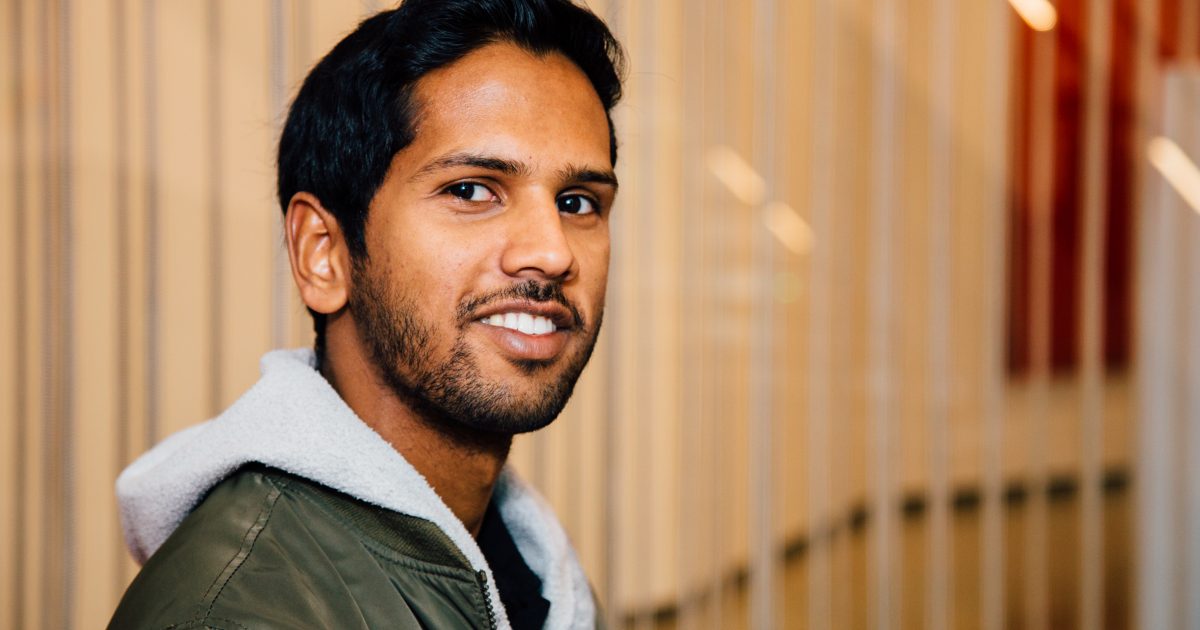
“I really like the autonomy that I have, and I love the flexibility,” he says. “The work is all results- oriented; it’s not ‘how much time have you spent working?’ I’m trusted with deciding for myself what’s important — what needs to be done and just doing it. And it’s interesting work.”
Thayanithy also enjoys many of the advantages of working at Microsoft, from great health insurance and a gym membership to an extensive shuttle system and a diverse selection of places to eat on campus.
“Microsoft is a big company with lots of reach, and it provides a lot of perks,” he says. “It’s an ideal place to work.”

